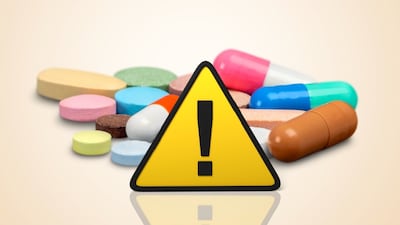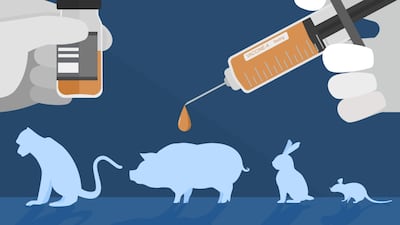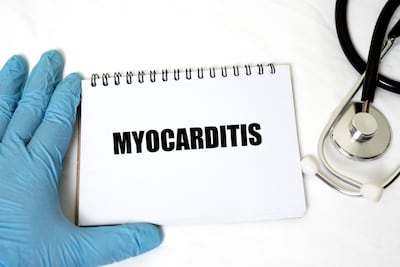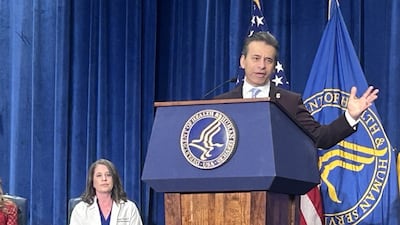Drug Safety
Amgen's refusal to voluntarily withdraw the rare disease treatment could force the FDA to employ its formal process to remove it from the market.
The European Medicines Agency wants feedback on a reflection paper that aims to address a lack of “uniformity” in cardiovascular toxicity endpoints in clinical trials for cancer drugs.
The US FDA’s comprehensive review found no increased risk of suicidal ideation and behavior with the use of GLP-1s to treat obesity, leading the agency to request existing warnings based on older drugs be removed from labeling.
Alternatives to animal testing can replace lengthy, resource-intensive studies for drug developers, helping to lower costs for companies, but a lack of regulatory global alignment can be a barrier to reducing animal testing, an expert says.
The UK’s roadmap for reducing animal testing is a positive starting point, but greater transparency from the drug regulator and a more detailed workplan from government will be required to make the plans a reality, an expert from Cruelty Free International says.
As differences emerged between FDA staff and senior political leaders over its COVID-19 safety review, CBER Director Vinay Prasad added an old colleague and critic of US COVID-19 policy to the center.
After voting to change the recommendation for a hepatitis B vaccine birth dose, the CDC Advisory Committee On Immunization Practices laid the groundwork for for changes to adjuvant policy.
At a CDC vaccine advisory committee criticized for “promoting an anti-vaccine agenda,” the new CDER director championed the committee’s plans and suggested the FDA would make more frequent vaccine label updates due to revised safety frameworks.
New approach methodologies are increasingly shaping the future of medicine development by making drug testing less reliant on animals.
However, the agency updated warnings on myocarditis risk and mitigation for the gene therapy, including more specific information about its severity and timeframe for occurrence in Duchenne muscular dystrophy patients.
The European Commission says it will soon publish an updated study on the impact of the Urban Waste Water Treatment Directive on the pharmaceutical and cosmetics industry and that it would support member states in avoiding “unintended consequences.”
Incentives are “probably the only solution” to encouraging companies to optimize cancer drugs, but this will require funding and systemic changes, the chair of the European Medicines Agency’s oncology working party says.
The labeling recommendation that Duchenne muscular dystrophy patients should maintain proximity to an appropriate healthcare facility for at least two months following infusion will add to the treatment burden.
After two deaths tied to the gene therapy, Sarepta and the FDA agreed to new labeling for Elevidys, adding a black box warning about liver injury along with suggested liver and cardiac monitoring.
Changes to the US FDA’s MedWatch form also could help reduce the amount of missing information and make AE reports more useful in assessing postmarketing drug safety, members of the Pediatric Advisory Committee say.
AI is moving from blue-sky potential to specific applications in drug development, streamlining pharmacovigilance and clinical trial design, but strong governance remains essential to ensure transparency and reliability.
The requested changes to the class-wide warnings for hormone replacement therapies mark the first time one of Makary’s expert panels sparked regulatory action and could lead to broader scrutiny of their use.
A federal judge in Hawaii ruled the FDA failed to consider statutory factors relevant to the REMS and provide a “reasoned explanation” for its restrictive treatment of the drug, but remand could result in an agency determination that more extensive restrictions are needed.
A new government-backed initiative is set to explore the use of AI in predicting side effects from drug interactions – a development that could cut costs and late-stage trial failures for pharma companies.
Pharma companies are being asked for their views on a scientific reflection paper from the European Medicines Agency that discusses alternatives to using non-human primates in drug safety studies.




















